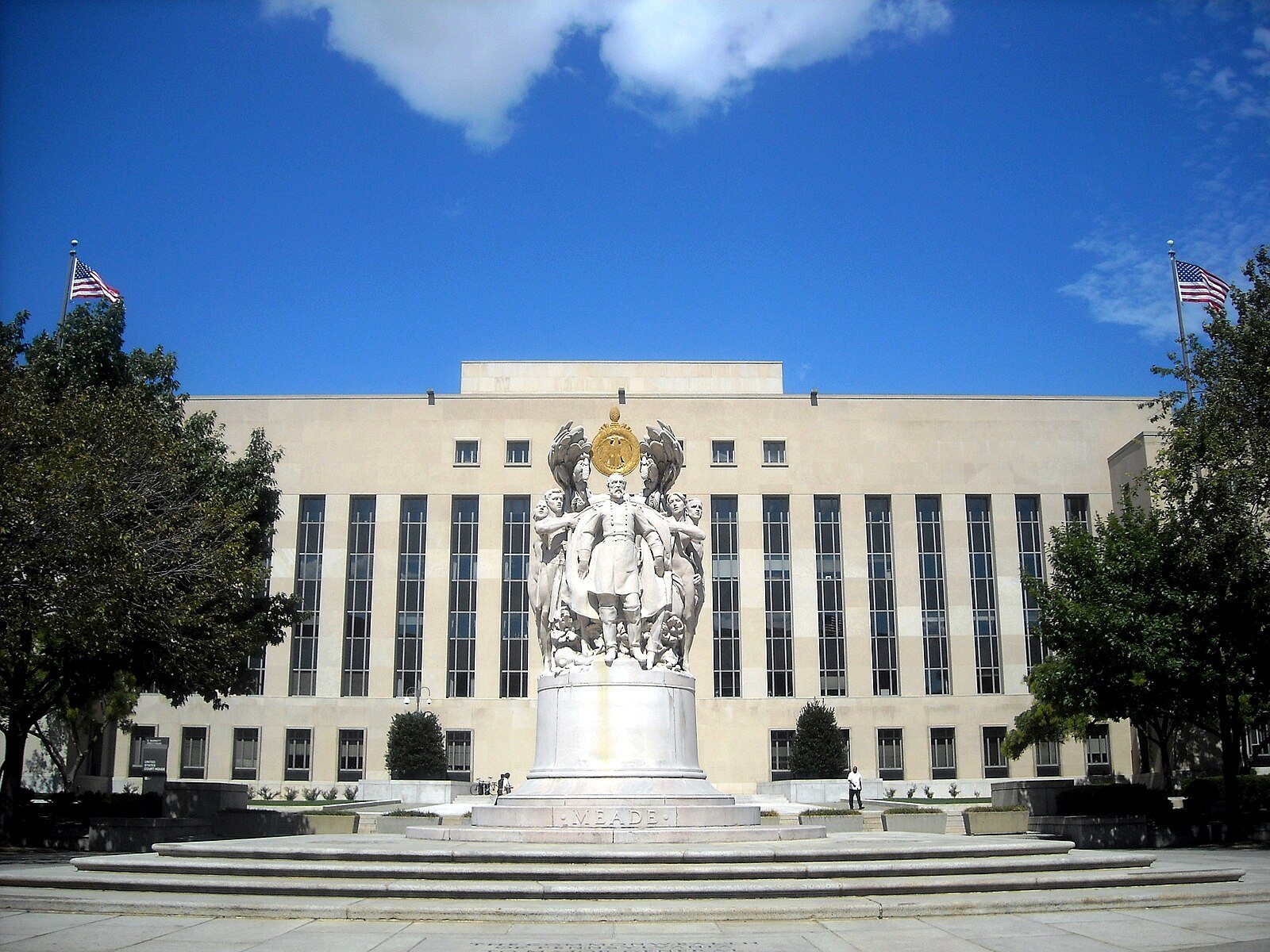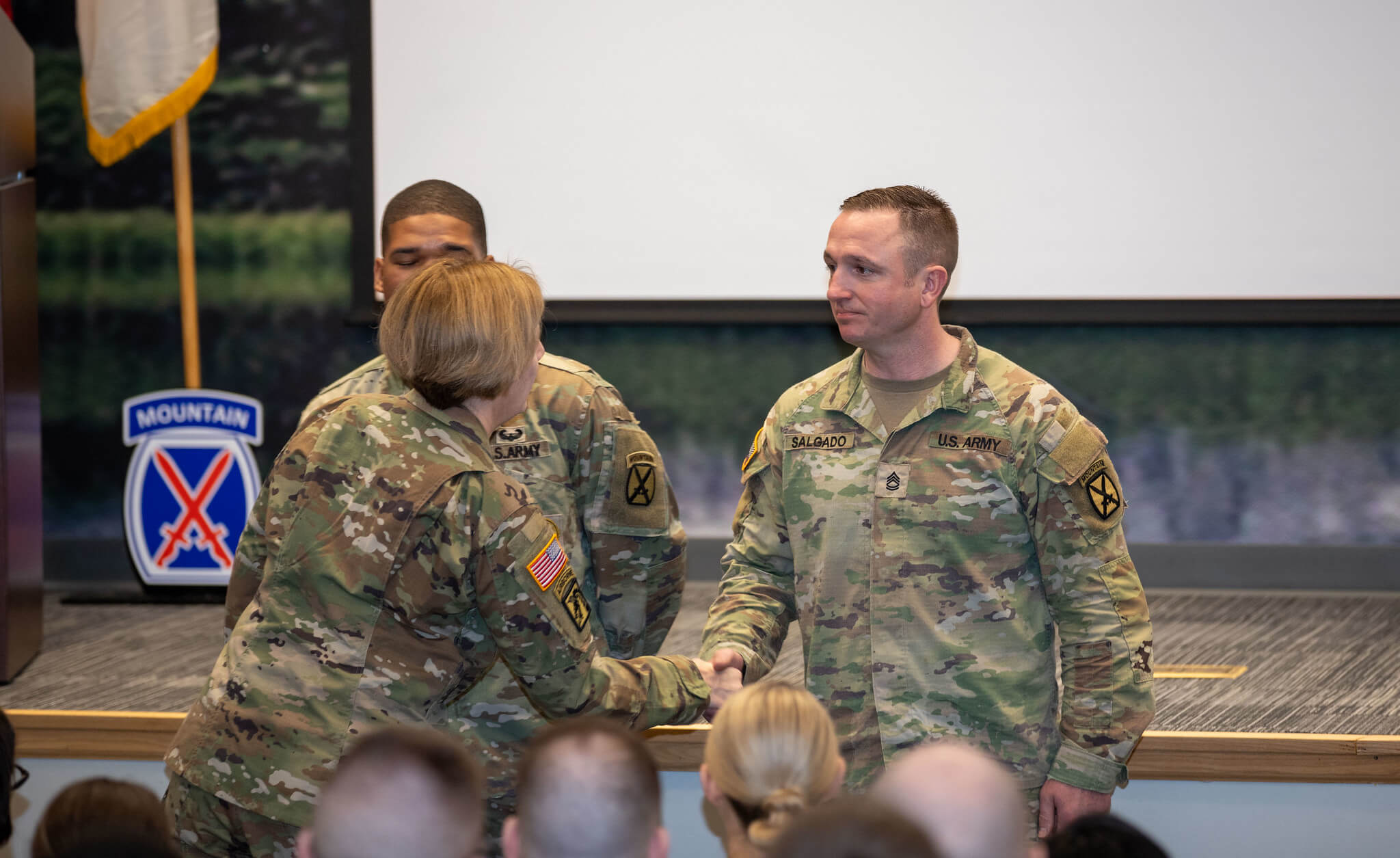Published by The Lawfare Institute
in Cooperation With

I don’t believe, as Steve suggested in his good response to my Slate essay on military commissions, that Obama’s continuation of military commissions is “a validation of . . . the policies of the (later part of the) Bush Administration.” Rather, I think the continuation built upon, and was made possible by, the interventions of other institutions, combined with Obama’s new responsibility as commander in chief to use all lawful tools at his disposal to keep the country safe. The Bush administration did not want to be where it was in the fall of 2008 on military commissions. It was pushed there, kicking and screaming, by (a) fierce criticism of the November 2001 military commission order by the press, Congress, civil society, and the JAGs, often acting in concert; (b) the Supreme Court’s decision in Hamdan, and (c) the Military Commissions Act of 2006, where Congress, led by republican Senators Graham, McCain and Warner, gave the president much less than he wanted, and for the first time legislated a code for military commissions.
I also don’t think that the differences between the military commission acts of 2006 and 2009 are merely “semantic,” but Steve and I do disagree about the significance of the 2009 law. As I said in Slate, the 2009 “reforms were not big changes from the earlier congressional effort, but they increased the reliability of rulings.” I would add that Mark Martins has taken further steps as prosecutor to enhance commissions’ legitimacy, and that the Obama administration has done a better job in public presentation of commissions than its predecessors. I agree with Steve that my essay did not “demonstrate[] the ‘fairness’ or ‘effectiveness’ of the commissions.” My claim was only that the relatively short sentences were “one indication” of their fairness and the Majid Khan* plea bargain was “one indication” of their effectiveness. A demonstration of their fairness and effectiveness was not my ambition, although I do think they are fair and that they are becoming effective. Finally, I agree that many outstanding legal issues still confront military commissions.
Steve appears to think the main issue is the scope of the marginal improvement that the MCA of 2009 made to commissions as they stood in late 2008, after the many interventions in the 2001-2008 period. For me the main issue is how far we have come from the 2001 baseline, and why. Throughout the Bush years many critics maintained that military commissions simply weren’t under any guise consistent with the Constitution. Hamdan struck down Bush’s original commissions but invited Congress to speak to the issue, which it did in the MCA of 2006. On the campaign trail Obama sent mixed messages. In 2006 he voted for a military commission system with greater defendant protections than the MCA of 2006. But in 2008 he stated: “It's time to better protect the American people and our values by bringing swift and sure justice to terrorists through our courts and our Uniform Code of Military Justice.” At the dawn of the Obama administration most people justifiably predicted that commissions would die. After a thorough scrub, the civil-liberties-sensitive Obama administration determined that they were useful and indeed necessary tools and, with the added adjustments of the 2009 legislation, lawful tools as well. After seeking to try the 9/11 conspirators in civilian trials instead of commissions, the administration retreated and sent them back to commissions. Commissions today, as Steve says, “effectively resemble courts-martial.” Their proceedings are now open to a remarkable degree. And as Ben has noted, they have demonstrated “a sharply adversarial process, with a serious judge, very fine advocacy on both sides, and a series of motions that raised issues that differ only at the margins from those that would arise in a federal court proceeding.” The Obama administration has secured more convictions under commissions in three years than the Bush administration did in seven and now, contrary to its initial inclinations, is trying the 9/11 conspirators in commissions. This pace will likely only increase. Yes, there are still many open legal issues. But it is unlikely, after Hamdan’s invitation to Congress, and following three subsequent congressional approvals of commissions, that the Court will declare them invalid or hamper them in a fundamental way. Through a robust but messy constitutional process in which no administration or institution got what it originally wanted, we finally see commissions emerging as an effective and legitimate tool of terrorist incapacitation.
* The original post used the wrong name.
Jack Goldsmith is the Learned Hand Professor at Harvard Law School, co-founder of Lawfare, and a Non-Resident Senior Fellow at the American Enterprise Institute. Before coming to Harvard, Professor Goldsmith served as Assistant Attorney General, Office of Legal Counsel from 2003-2004, and Special Counsel to the Department of Defense from 2002-2003.





